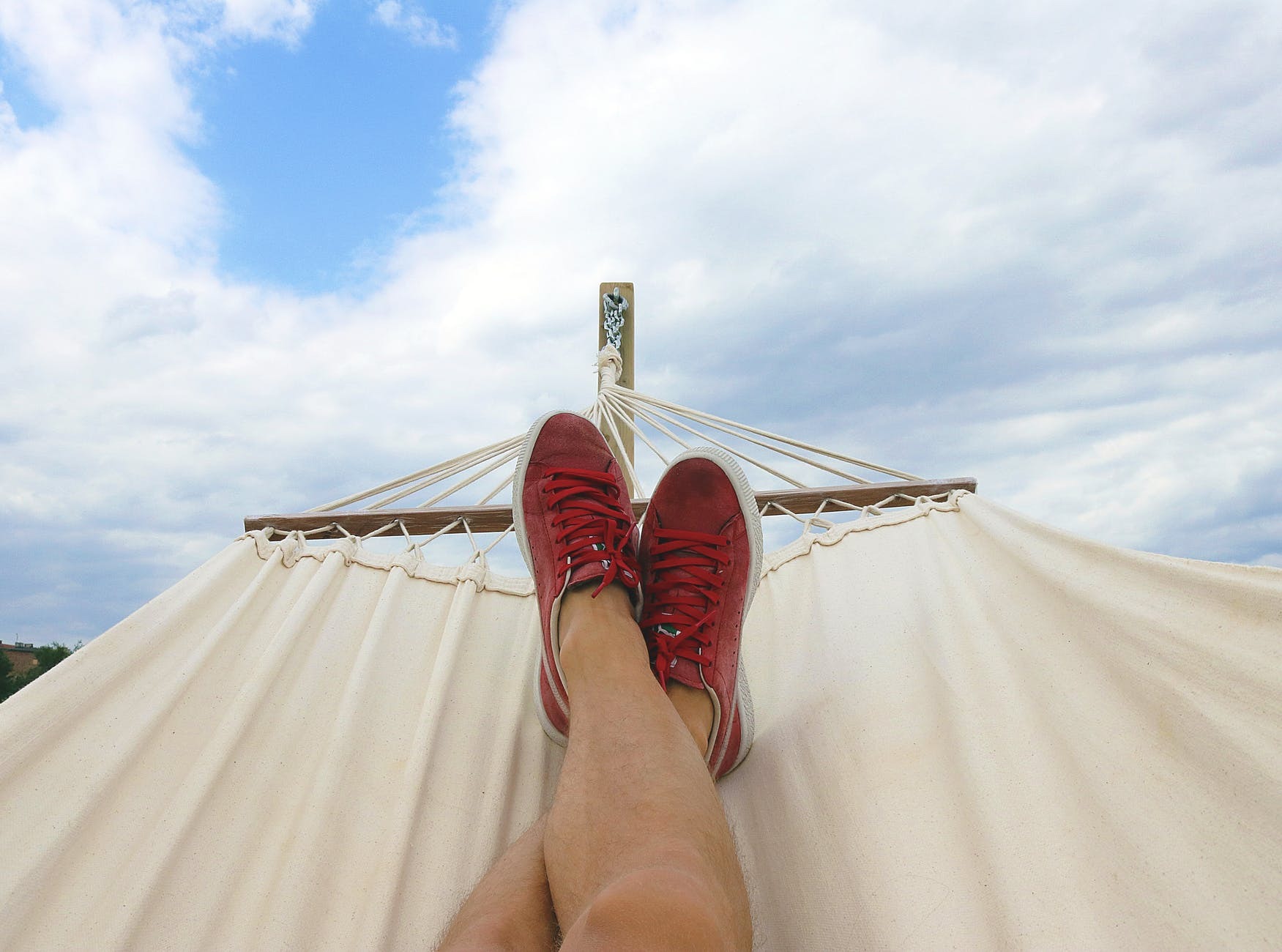 One positive thing about growing vaccination rates is the world's reopening...
One positive thing about growing vaccination rates is the world's reopening...
I just returned from a trip to Europe. My wife and I made a few stops. We traveled across rural Italy – a few hours south of Venice – to Piedmont before traveling to Bordeaux in France. We then headed to Spain, venturing through the Pyrenees to Costa Brava before wrapping up in Barcelona.
It was our first opportunity to travel with the world's reopening.
We spent most of our time away from large cities. And being off the beaten path reminded me of a few customs that I nearly forgot.
Many places in southern Europe close for two to three hours between 1 p.m. and 4 p.m. It's a nice break. Everyone can eat lunch and enjoy time away from customers and work.
And that's not the only example of how some Europeans prioritize time away from work.
There's even a joke about an American going in for major surgery. He'll create an out-of-office message saying, "Went in for kidney removal, will be out of pocket for two hours, but will be actively checking email."
But I've witnessed the opposite, too. One of our European banking clients put up this away message in July 2011: "Away on vacation, will return and respond to emails on September 1."
It may sound like an exaggeration, but this really did happen early on in our company's existence.
A member of our team learned about the two-month absence through an automated reply. The client didn't even mention his upcoming vacation in a product meeting a few days earlier.
Both situations are extremes. But there is something to learn from the "taking time away" mentality.
 Getting away can save companies money...
Getting away can save companies money...
In some European businesses, it's mandatory for employees to take time off. Part of the reason, at least in banking, for employees to take at least two weeks off is to detect fraud and make sure the company can run smoothly with redundancies.
Numerous scenarios show that forcing an employee to take time off can help discover fraud.
If Jérôme Kerviel, who cost the French bank Société Générale more than $7 billion in the 2000s, had been forced to take time off more regularly, he couldn't have kept masking his trades for years and building such a massive loss.
It is a similar story for Nicholas Leeson, who famously brought down Barings Bank in the early 1990s. If he'd been forced to step away, his "error account," which hid bad trades, might have been discovered sooner.
It's not just in trading, either. These things can happen at any job.
Two lunch ladies stole nearly $500,000 over several years from the New Canaan Public School district in Connecticut by being the only people to balance the lunch books.
If they were forced to take time off with someone else reviewing the books, maybe the misbalanced accounts might have become apparent sooner.
 Making sure employees take time off doesn't just save the company money... it makes for better employees and more success...
Making sure employees take time off doesn't just save the company money... it makes for better employees and more success...
Decision fatigue is a real thing.
People who constantly have to make tough decisions without a break start to see the quality of their choices decline over time. And that means worse outcomes for their company.
A paper for the Royal Society Open Science found that loan officers were more likely to reject restructuring a loan just before lunch than at other times of the day.
And because of that, those unrestructured loans were more likely to default. That means over a given month, the loan officers' decisions lost this particular bank roughly $500,000.
And it isn't just a day-to-day issue. Decision fatigue accumulates over time. It's a real issue for people who never take any time off to reset and relax the mind.
From junior employees to entrepreneurs and CEOs, many workers took very little time off the past year.
Being a rocky time for many industries, employees felt obligated to go "all in" to keep companies afloat. And there's been nowhere to go due to the pandemic. So, people delayed vacations.
With so many working from home, lines between work and home have blurred.
But it's important not to let that prevent you from getting away from things.
Taking time off, even if you aren't able to go anywhere, is essential.
It helps people be better at everything they do. I know the past few weeks when I've been working much more intermittently while on vacation in Europe helped me reset!
I'm more thoughtful when I do get a call from the team about a business decision now. It's also given me distance when thinking about the company's strategy.
Taking time to step back from being "in the weeds," I can think better about all the new things we at Altimetry can do. I feel recharged.
That kind of reset doesn't just benefit the employee. It helps the company many times over. So, make sure you take time off!
 Taking a vacation doesn't just make you a better decision-maker. Knowing how to invest in the return to travel could make you a lot of money...
Taking a vacation doesn't just make you a better decision-maker. Knowing how to invest in the return to travel could make you a lot of money...
Here at Altimetry, we've identified a handful of companies that are primed to do well as people return to traveling. We use Uniform Accounting to understand the full picture, removing the distortions in as-reported financial metrics. That helps us identify stocks poised for big upside due to the market's misunderstanding.
A few months ago, we identified one hotel company that would be a big winner as the world reopens in Altimetry's High Alpha. It is already up nearly 40%, and we think it has almost 600% more upside from here.
We also just told High Alpha readers last month about an airline primed to triple thanks to the reopening and how it is transforming its business.
To learn more about High Alpha – and to find out how to gain instant access to these ideas that are still screaming buys – click here.
Regards,
Rob Spivey
July 16, 2021



 One positive thing about growing vaccination rates is the world's reopening...
One positive thing about growing vaccination rates is the world's reopening...

